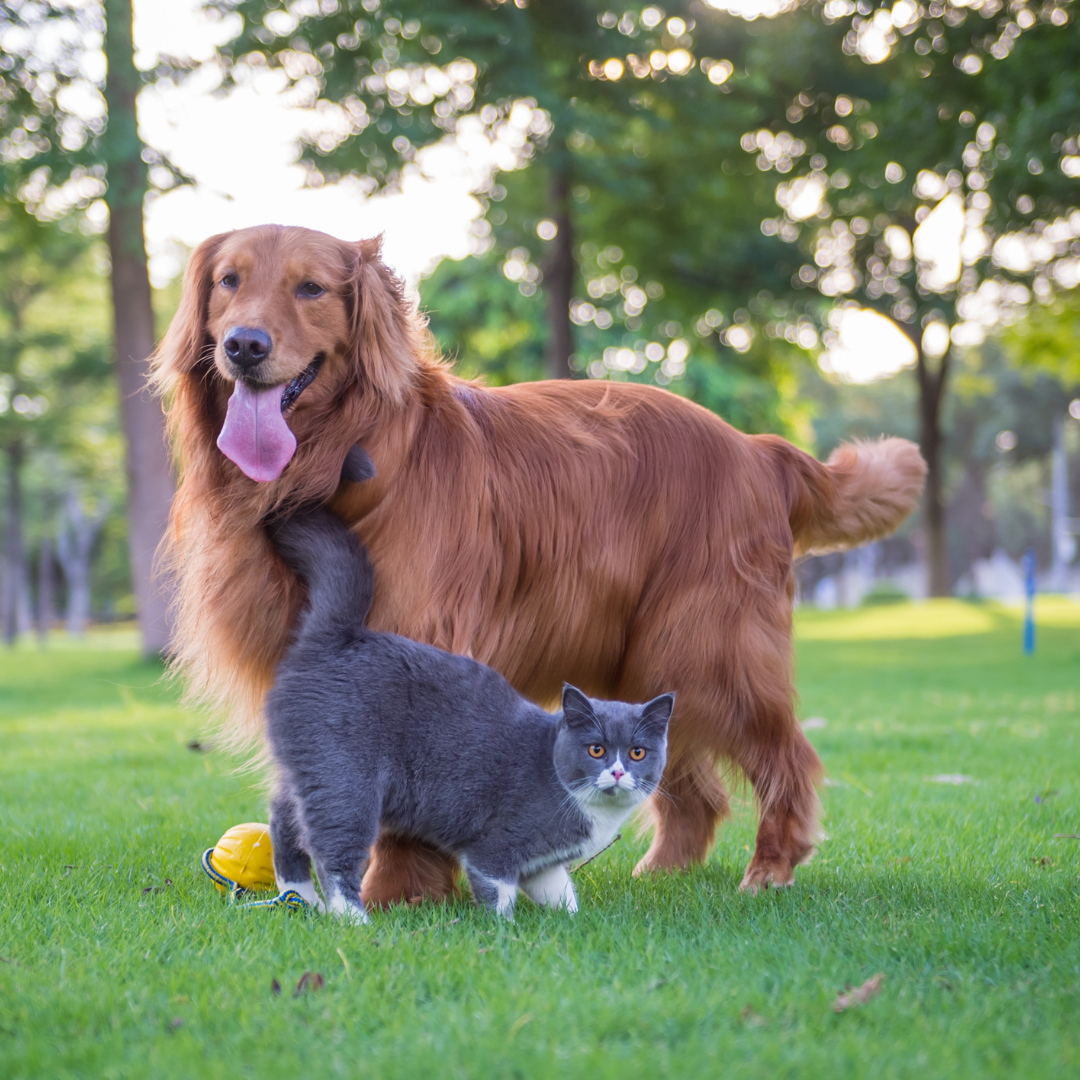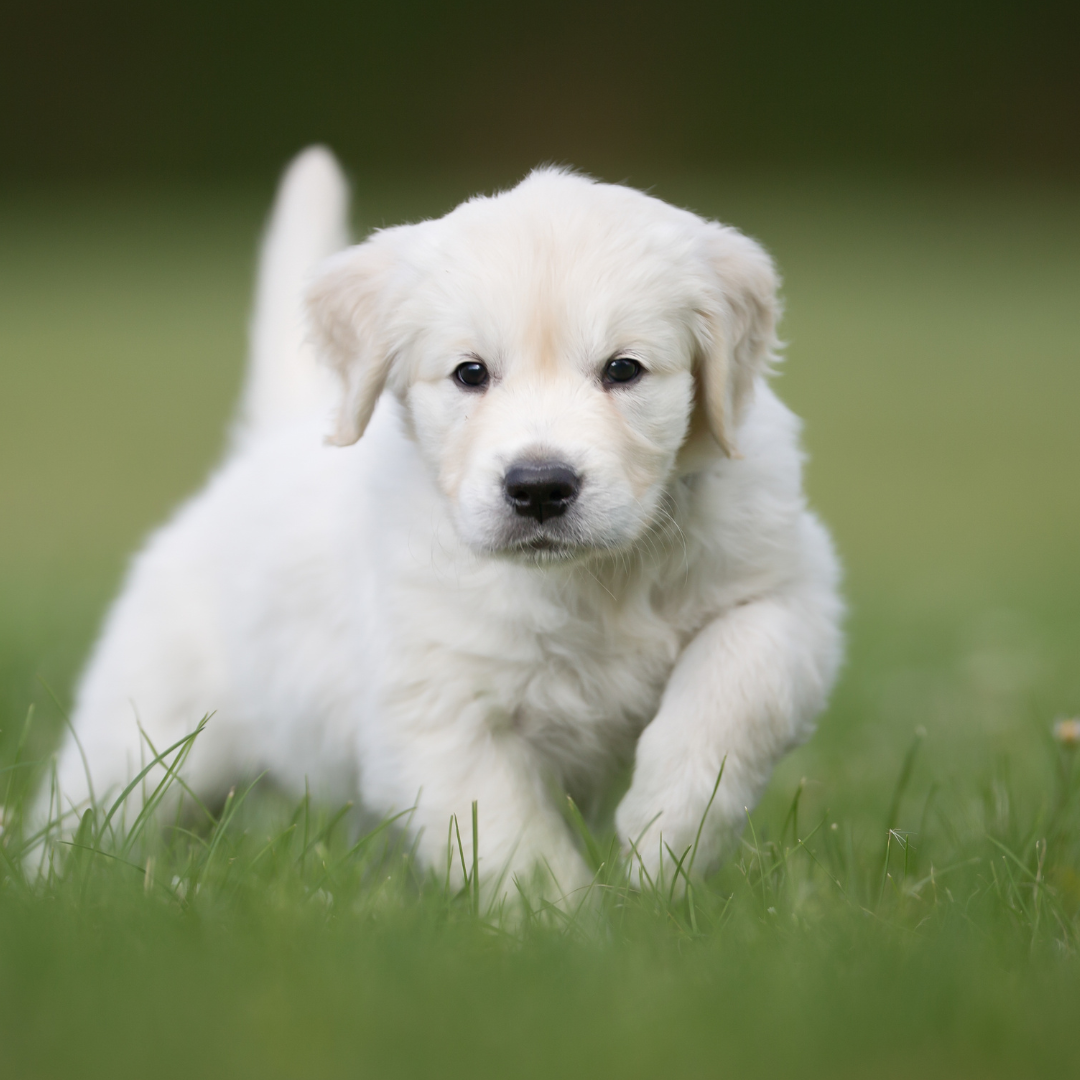Sensitive Stomach? How to Choose the Right Food for Your Pet

Pets with sensitive stomachs often experience digestive discomfort, including vomiting, diarrhea, bloating, or lack of appetite. Just like humans, they require special attention when it comes to their diet. Choosing the right food can help ease their digestion and improve overall health. Here’s how you can select the best food for your pet with a sensitive stomach.
Identify the Signs of a Sensitive Stomach
Before changing your pet’s diet, it’s essential to recognize the symptoms of digestive issues. Common signs include:
- Frequent vomiting or regurgitation
- Loose stools or diarrhea
- Gas and bloating
- Lack of appetite or reluctance to eat
- Excessive licking of lips or swallowing (a sign of nausea)
If these symptoms persist, consult a veterinarian to rule out underlying health conditions.
Consider Specialized Diets
Some pets need special diets for better digestion.
Limited-Ingredient Diets (LID) reduce intolerance risks with fewer ingredients.
Grain-Free or Hypoallergenic Diets help pets with grain sensitivities by using alternative carbohydrates.
Veterinary-prescribed diets manage chronic issues like IBD or pancreatitis with highly digestible ingredients. A gradual transition and vet consultation ensure the best results.
Choose Easily Digestible Ingredients
Pets with sensitive stomachs benefit from foods that are gentle on digestion. Look for:
Lean Proteins: Chicken, turkey, fish, and eggs are easier to digest than red meat.
Simple Carbohydrates: Brown rice, sweet potatoes, and oatmeal provide energy without causing stomach upset.
Limited Ingredients: Fewer ingredients reduce the risk of food intolerance or allergies.
Provide Plenty of Water
Hydration is essential for digestion. Ensure your pet has access to fresh water at all times. If your pet prefers wet food, it can help increase water intake and aid digestion.
Avoid Common Triggers
Certain ingredients can worsen digestive issues in pets. Avoid foods containing:
Ø Artificial Additives: Colors, flavors, and preservatives can irritate the stomach.
Ø Grains and Fillers: Some pets struggle to digest wheat, corn, or soy.
Ø Dairy Products: Many pets are lactose intolerant, leading to bloating and diarrhea.
Ø Fatty or Greasy Foods: High-fat foods are harder to digest and may cause stomach discomfort.
Introduce New Food Gradually
A sudden change in diet can worsen stomach sensitivity. Transition your pet to new food over 7-10 days:
Days 1-3: Mix 25% new food with 75% old food.
Days 4-6: Increase to 50% new food, 50% old food.
Days 7-9: Mix 75% new food with 25% old food.
Day 10: Fully transition to new food.
Monitor your pet’s response to ensure they adjust well.
Monitor Treats and Table Scraps
Treats and human food can sometimes be the cause of stomach sensitivity. Stick to healthy, pet-friendly treats and avoid:
- Spicy or seasoned foods
- Chocolate, caffeine, or dairy products
- Processed snacks with artificial additives
Choose natural treats like boiled chicken, carrots, or pumpkin to support digestion.
A sensitive stomach shouldn’t prevent your pet from enjoying their meals. By choosing easily digestible ingredients, avoiding triggers, and introducing new foods gradually, you can help your pet maintain a healthy digestive system. Always consult your veterinarian for personalized dietary recommendations, ensuring your furry friend stays happy and healthy.



